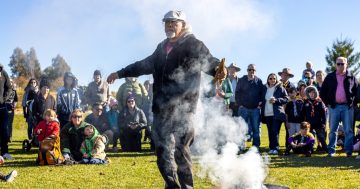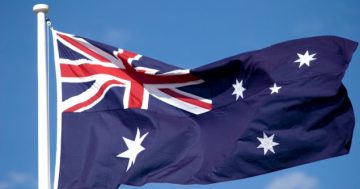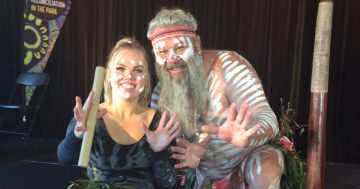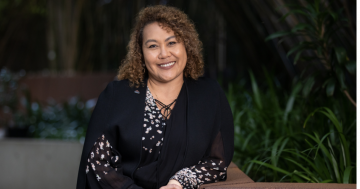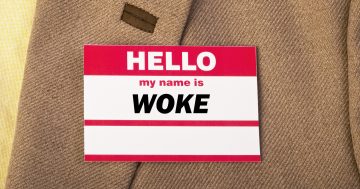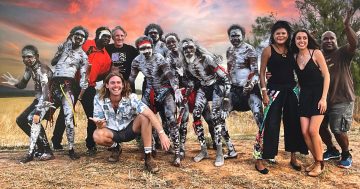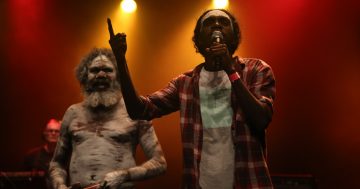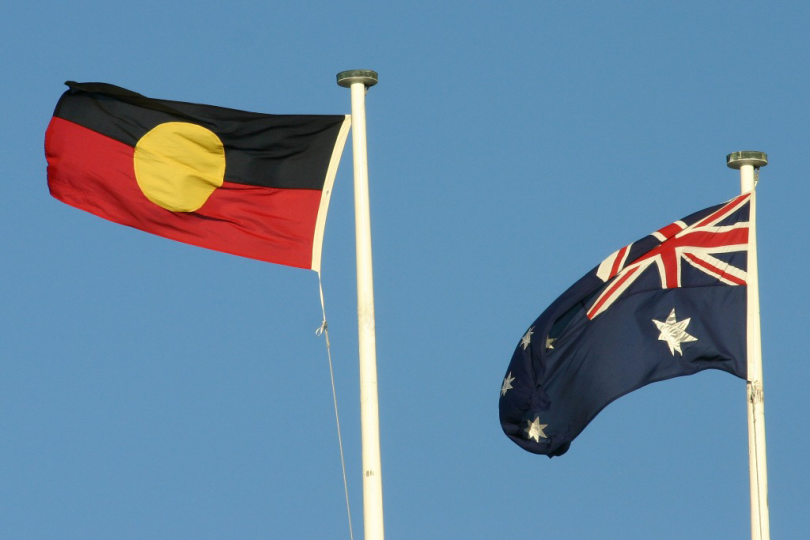
Australia Day – Time to change the date.
There has been major furore accompanying the suggestion that we need to think about changing the date of Australia Day. Significant criticism has been aimed at people who have questioned if celebrating this holiday on 26 January is ok given this date marks the beginning of a history of dispossession, disenfranchise and racism towards the First Australians.
It is quite astounding to watch the moves to shut down these conversations, ridicule and punish councils and organisations that have tried to respond to the understandable concerns raised, deny the reality of what the current situation does to people or to brand those who suggest we need to think about changing the date of Australia as unpatriotic.
This tells us a lot about where we are as a Nation in our reconciliation journey.
For me, rather than being divisive, the discussion that has started around the change the date campaign has been really useful. It has given me context around how 26 January has not always been the date which has marked this celebration and a better understanding around how the values and traditions that have been attached to Australia Day in recent years is a relatively new reality. While recognising that even within the Aboriginal community there is a diversity of views, this discussion has made it clear that many Aboriginal people see this celebration on the date chosen as deeply offensive and hurtful.
It is true that moving the date of Australia Day will do little to improve the significant disadvantage faced by local Aboriginal communities. This does not mean we shouldn’t do it as an important step in our reconciliation journey. For a start, it is important that we do not actively reinforce trauma and hurt for local Aboriginal and Torres Strait Islander people dealing with dispossession. We can’t ignore that a significant group within our community expresses their inability to be part of a celebration that is promoted as a chance to come together as Australians. More than that however, moves such as this signal our commitment as a community to be part of the reconciliation journey. It’s about us honestly meeting our history and recognising that we all need to change in order to create environments where reconciliation is possible and disadvantage can be reduced.
We all need to consider how we should engage with this issue. I know I already have started. I always loved celebrating the Australia Day holiday and we have carved out family rituals and traditions for the day. However, in recent years as we have reflected on the impact of this particular holiday on Aboriginal and Torres Strait Islander communities, it has become more difficult to ignore the hurt and trauma of choosing this of all days to celebrate unity, tolerance and diversity. Our family has found that rituals and traditions can change – and shouldn’t our community also be able to evolve and grow?
As well as how we respond personally, we also need to think about how we respond as a community. Here in the ACT, the Government is to be commended for trying to recognise the need to reflect on reconciliation, with the declaration of ‘Reconciliation Day’ as an annual public holiday from May this year. This, however, does not negate the need for us as a community to reflect deeply, with good faith and empathy on how we mark the date of 26 January in the ACT.
So, this Australia Day I will be taking time to reflect on all our history – the times where we have shone as Australians, and the times when we haven’t done as well as we could have. I will also be taking the time to reflect on what I can do to stand in solidarity and move forward as a united community into a future where we are all prepared to do our bit to improve the lives of everyone in our community.
I think it is time to talk about changing the date of Australia Day and finding a date that is more inclusive and where all Australians can unite behind. What do you think?












